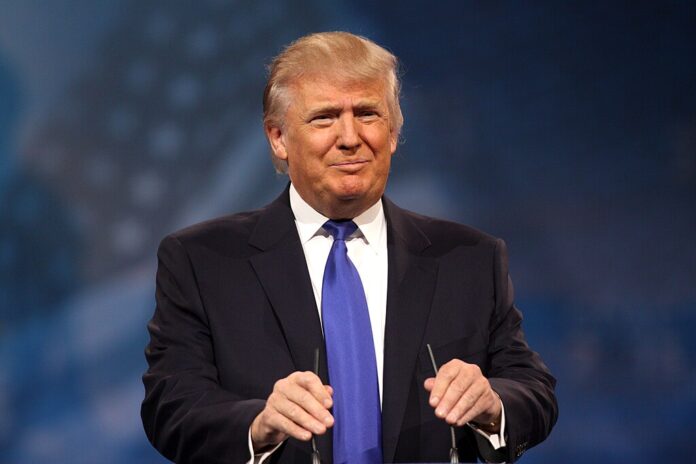An internal review reveals serious lapses in planning and communication during the attempted assassination of Donald Trump
In a startling admission, the U.S. Secret Service has acknowledged significant security failures during the attempted assassination of Donald Trump on July 13, 2024. Acting Director Ronald Rowe revealed the findings of an internal review that pinpointed “complacency” among some agents and highlighted critical lapses in planning and communication.
The report detailed how a breakdown in communication between the Secret Service and local law enforcement contributed to the chaos at the rally in Butler, Pennsylvania. Agents were unaware that law enforcement had identified a suspicious individual, who later turned out to be the gunman, due to the use of different radio frequencies. This oversight hindered Trump’s protective team from responding effectively to potential threats.
Additionally, the report raised serious concerns about the security measures in place at the venue. The shooter was able to access a rooftop with a clear line of sight to where Trump was speaking, taking advantage of a failure to secure that area properly. Rowe emphasized the “lack of follow-through” regarding access control and noted that previous warnings about line-of-sight issues were not adequately addressed.
Embed from Getty ImagesOn the day of the attack, the gunman fired eight shots, grazing Trump’s ear and resulting in the tragic death of a rally attendee and injuries to two others. A Secret Service sniper ultimately shot the suspect, but the chaos highlighted severe shortcomings in the agency’s operational protocols.
Rowe asserted that the Secret Service cannot shift responsibility to others and must hold itself accountable for the events of that day. “This was a failure on the part of the United States Secret Service,” he stated, stressing the importance of learning from these mistakes to prevent future incidents.
In light of the findings, the agency announced that disciplinary actions would be taken against the involved agents. The acting director called for a “paradigm shift” within the Secret Service, recognizing the elevated threat level following the recent assassination attempt.
On the legislative front, the U.S. House of Representatives voted unanimously to enhance security measures for presidential and vice-presidential candidates, signalling a broader recognition of the need for improved protective measures.
Analysis:
Political: The acknowledgement of these security failures places pressure on the Secret Service and the Biden administration to reinforce protective measures for political figures. The internal review’s findings may lead to intensified scrutiny of the agency’s operations, particularly as Trump’s candidacy for the Republican nomination continues to attract significant attention and potential threats.
Social: This incident raises concerns about public safety at political events, reflecting the heightened polarization in American politics. The threat of violence against public figures is increasingly prevalent, prompting discussions on the need for comprehensive security strategies that prioritize the safety of attendees as well as candidates.
Racial: The response to security threats in political contexts often intersects with broader societal issues, including racial and political violence. The implications of security failures may disproportionately affect communities of colour, who are frequently at the centre of discussions around political violence and safety.
Gender: As political candidates increasingly include women and individuals from diverse backgrounds, ensuring their safety at public events becomes even more crucial. The lessons learned from this incident may inform how the Secret Service approaches the protection of all candidates in the future, particularly those who may face unique threats.
Economic: Increased security measures will likely incur higher costs for political campaigns and events. This financial burden may necessitate a reevaluation of funding strategies for campaign security, particularly for candidates in high-risk situations, potentially diverting resources from other campaign activities.
